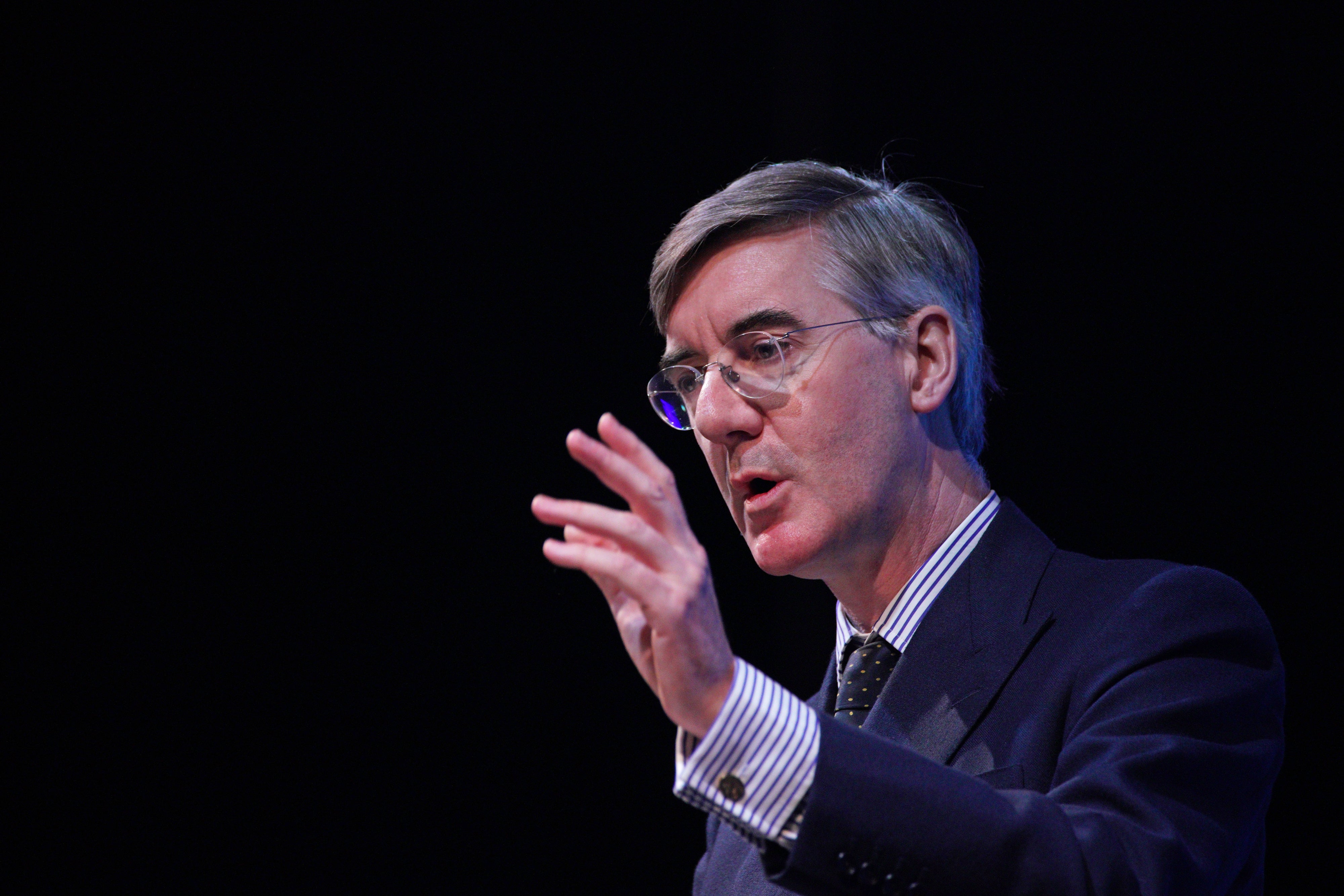
The SNP is campaigning for “higher prices” for Scottish whisky, Jacob Rees-Mogg has suggested.
The claim came after the Cabinet Office minister was asked by SNP MP Martin Docherty-Hughes whether the Government would seek to protect whisky prices from cheap imports, as the UK searches for new trade partners.
West Dunbartonshire MP Mr Docherty-Hughes asked: “In terms of open trade can he make some clarification about friendly nations? Does that include India shipping cheap Indian whisky to the United Kingdom?”

Mr Rees-Mogg, whose ministerial responsibilities include “Brexit opportunities”, replied: “It will have to be a risk-based assessment. If he can say that it is dangerous, or it is poisonous, or it is breaking a trademark.
“Do we really have a Scotsman in the House who doesn’t like his whisky to be cheap? Does he want to pay higher prices for whisky?
“Is he calling for the good people of Scotland – this is news Mr Deputy Speaker, a newsflash.
“I hope PA is reporting it carefully along with Hansard. The SNP want higher prices for whisky, higher prices for your evening tipple, Mr Deputy Speaker.
“Well I look forward to that being a good and successful slogan at the next general election: ‘Vote SNP for higher whisky prices’.”
Mr Rees-Mogg had earlier agreed with the sentiment of a speech made by Labour MP Hilary Benn (Leeds Central) about post-Brexit trade.
Labour former minister Mr Benn urged both the EU and the UK to stop “squabbling” over the Northern Ireland Protocol and “sort it out”.
As he concluded the debate on the Queen’s Speech, Mr Rees-Mogg said: “We may not like the EU, we may not think it is the best construct, we may not want to belong to it, but we don’t think they have suddenly become rabid.
“That is why I was delighted to be able to announced in April that remaining import controls on EU goods will no longer be introduced… and this isn’t a delay, this is a change in policy because we recognise that goods produced in other parts of the world, not just the EU, can be produced safely and therefore it makes sense to have unilateral recognition if others won’t give us neutral recognition.”
He added the Government would “see how far we can extend that with other friendly nations that have high standards” with the aim of cutting costs for consumers.







